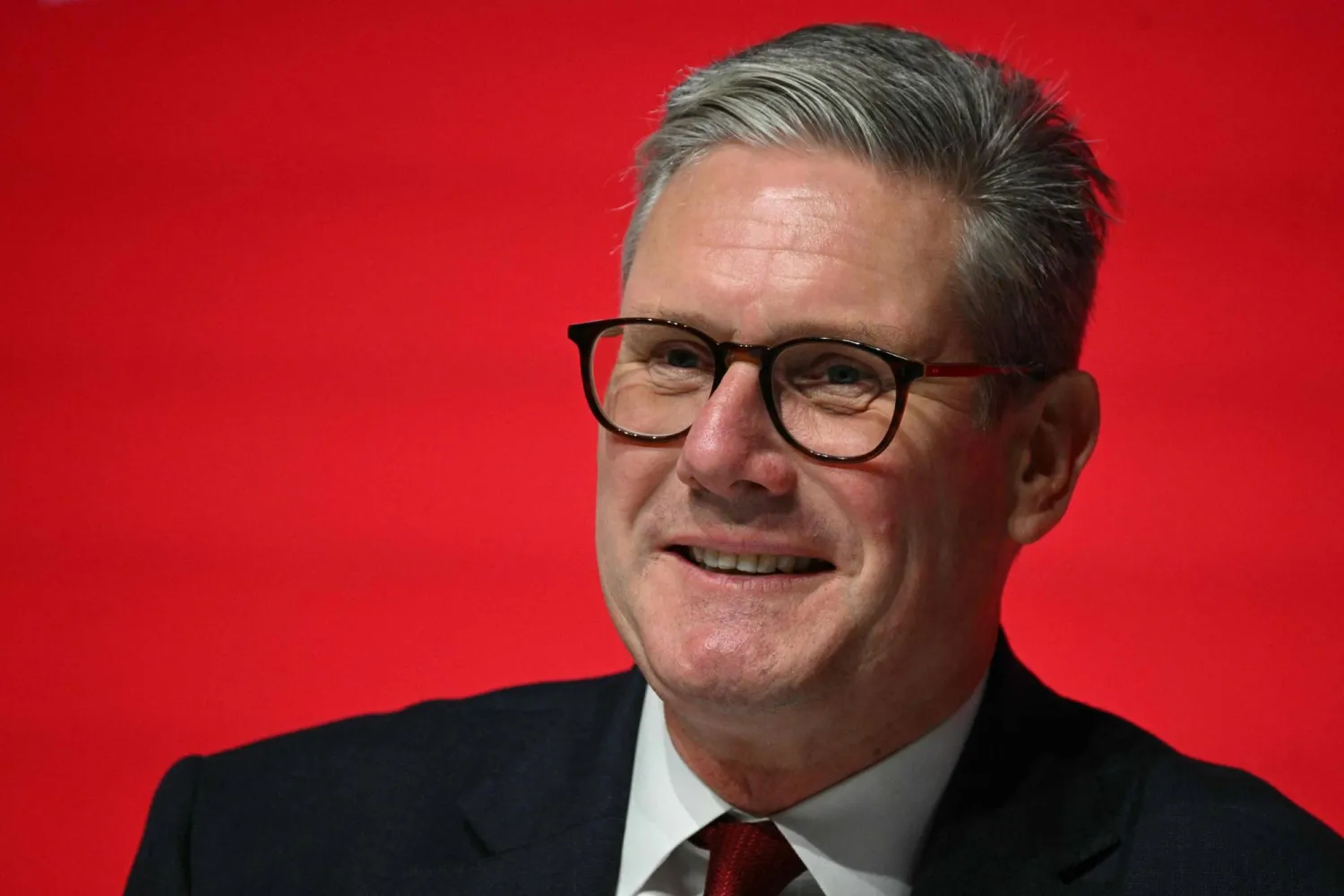British Prime Minister Keir Starmer met his Lebanese counterpart at the United Nations and discussed the importance of an immediate ceasefire and a negotiated solution in the conflict with Israel, his office said on Friday.
Starmer met Lebanon's Najib Mikati at the United Nations General Assembly, reported Reuters.
"The Prime Minister opened by giving his sincere condolences to Prime Minister Mikati for the loss of civilian life in recent weeks," the statement said.
"They discussed the escalating conflict in Lebanon, and agreed on the importance of an immediate ceasefire and a negotiated solution."
UK's Starmer Discussed Importance of a Ceasefire With Lebanon's PM

Britain's Prime Minister Keir Starmer smiles on stage on the second day of the annual Labor Party conference in Liverpool, north-west England, on September 23, 2024. (Photo by Oli SCARFF / AFP)

UK's Starmer Discussed Importance of a Ceasefire With Lebanon's PM

Britain's Prime Minister Keir Starmer smiles on stage on the second day of the annual Labor Party conference in Liverpool, north-west England, on September 23, 2024. (Photo by Oli SCARFF / AFP)
لم تشترك بعد
انشئ حساباً خاصاً بك لتحصل على أخبار مخصصة لك ولتتمتع بخاصية حفظ المقالات وتتلقى نشراتنا البريدية المتنوعة







